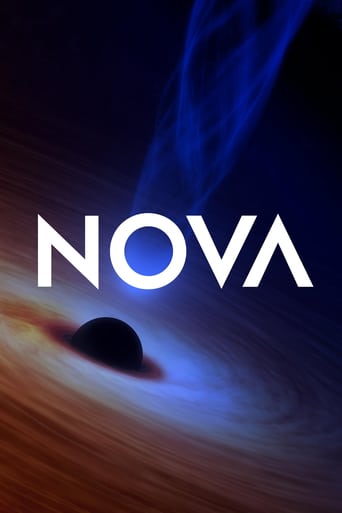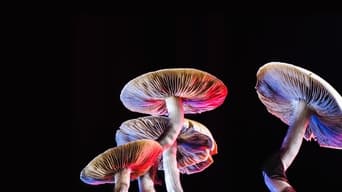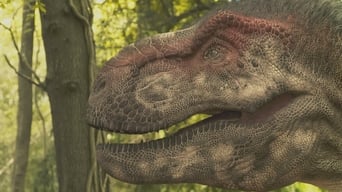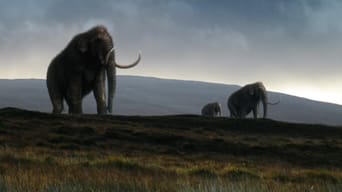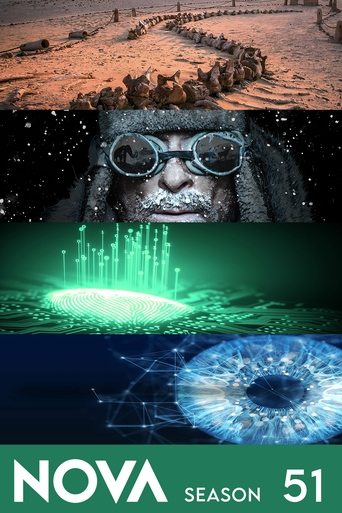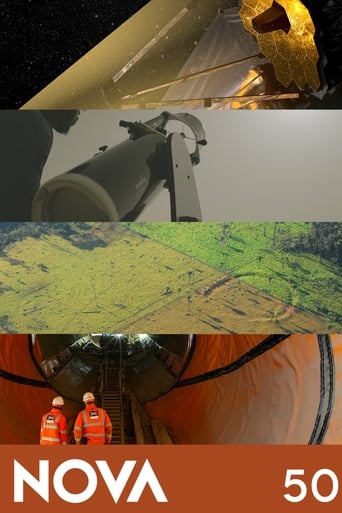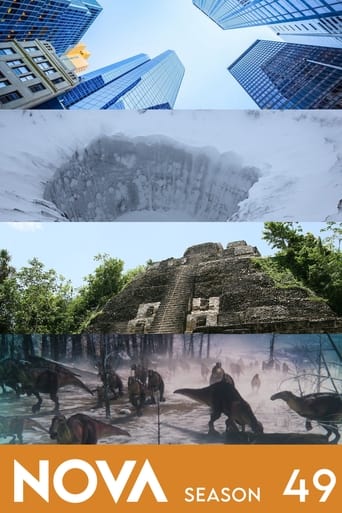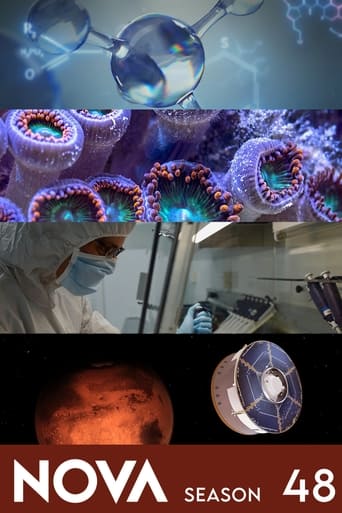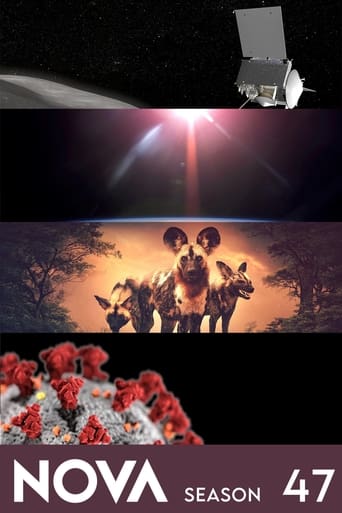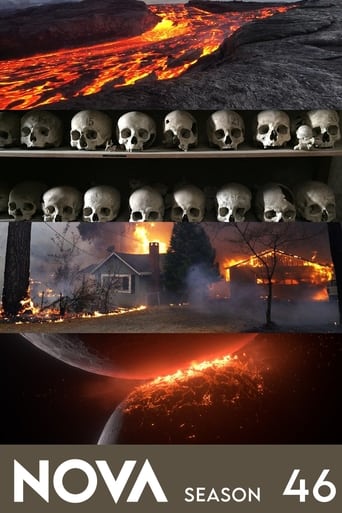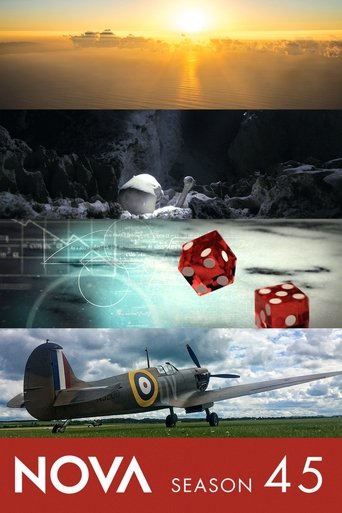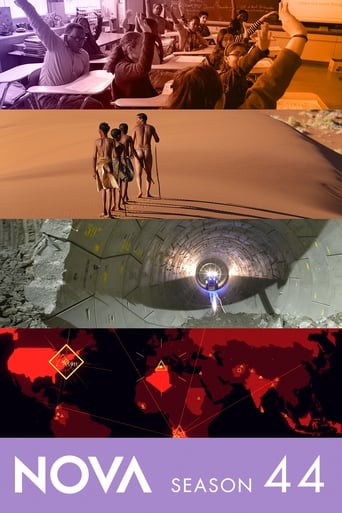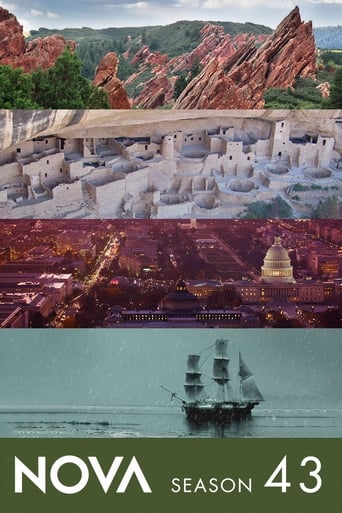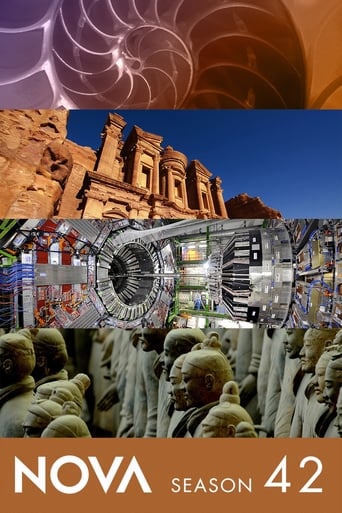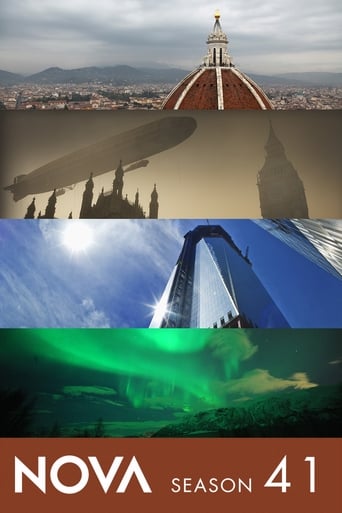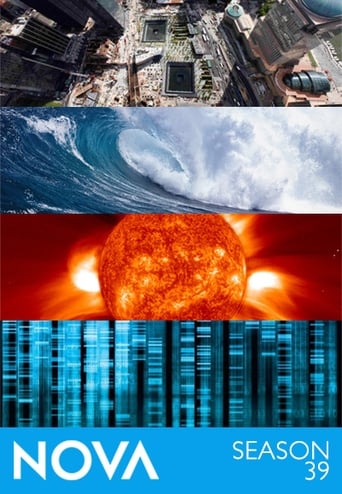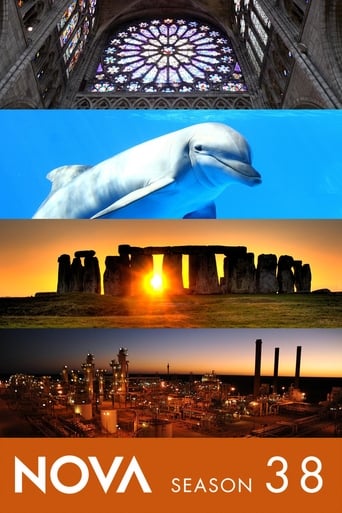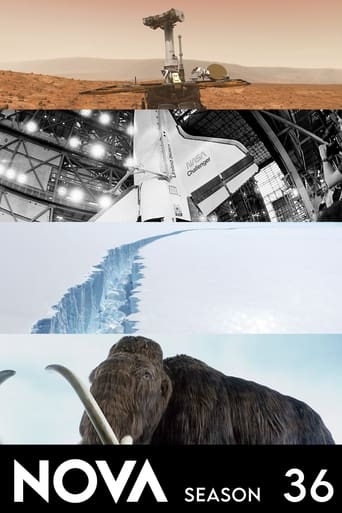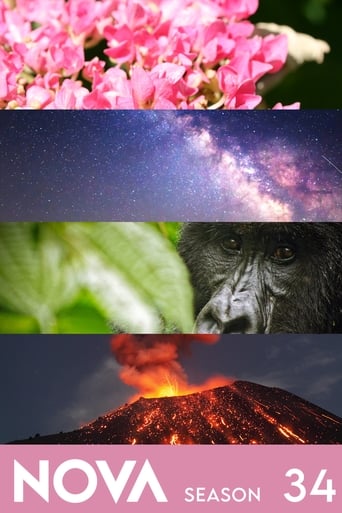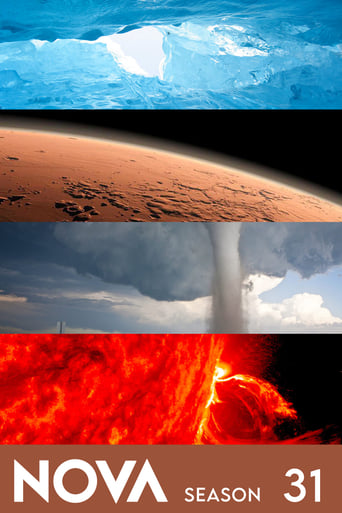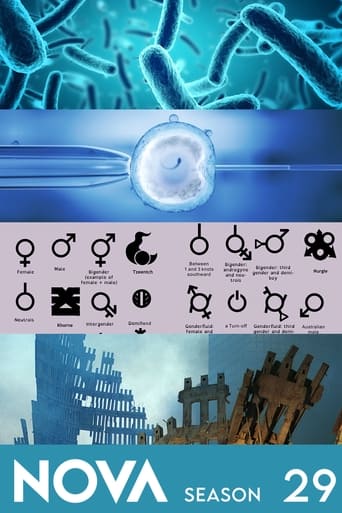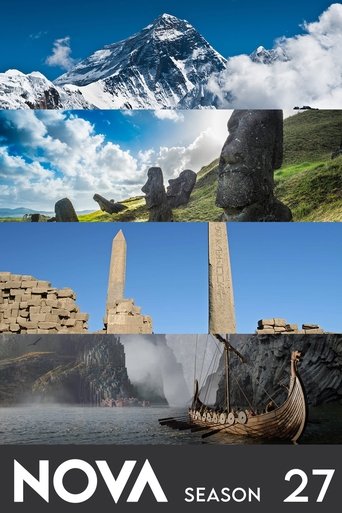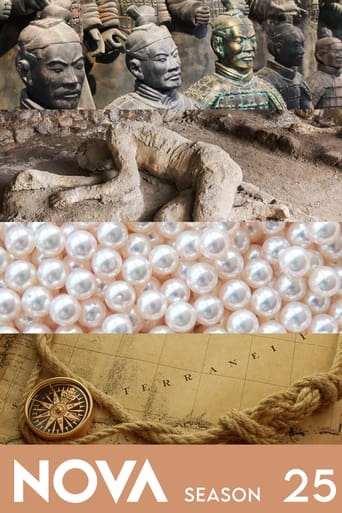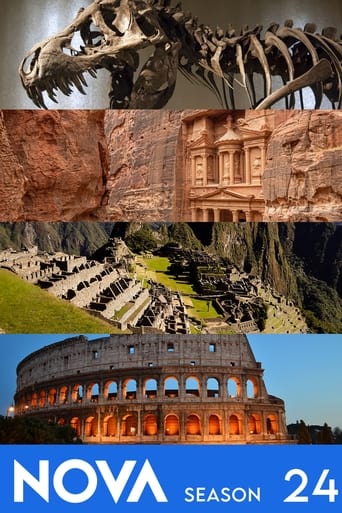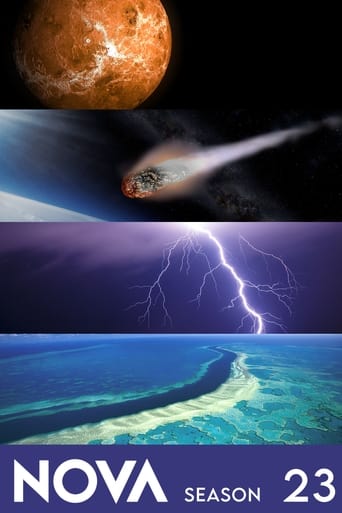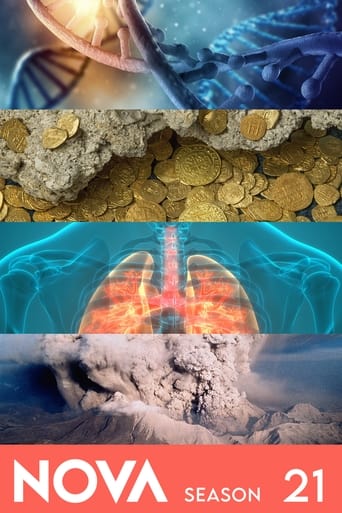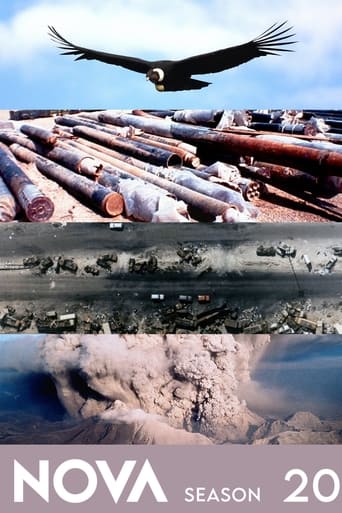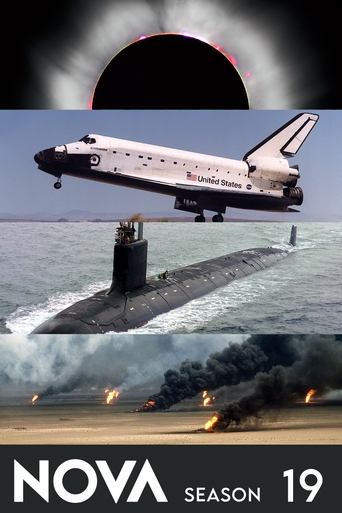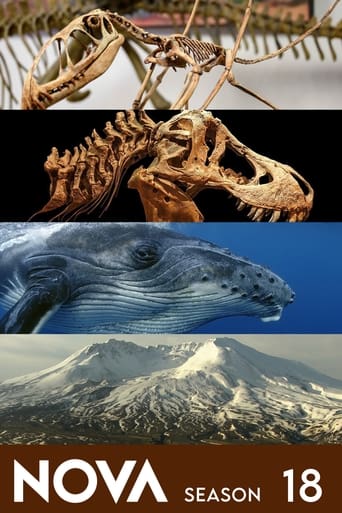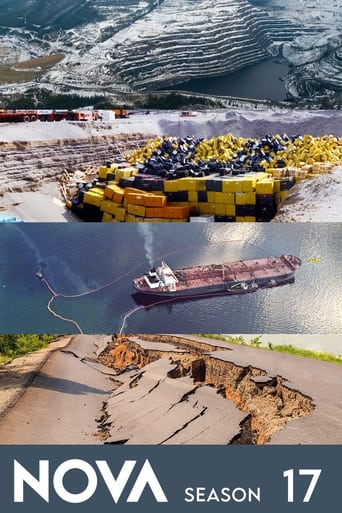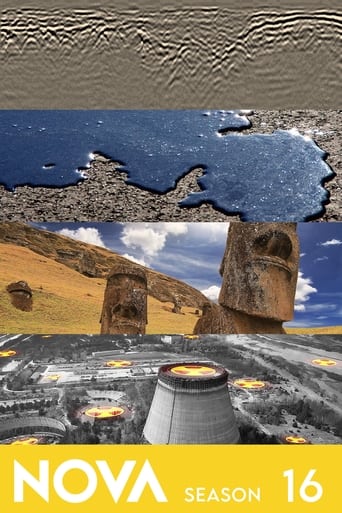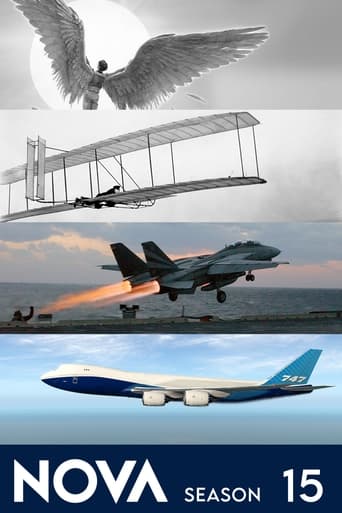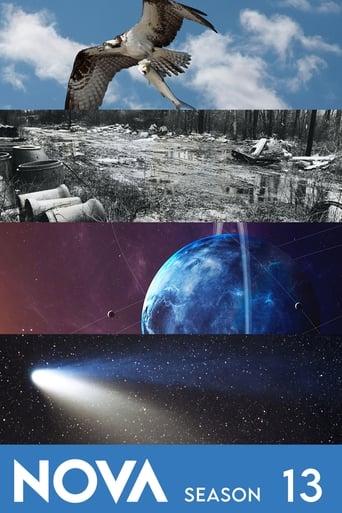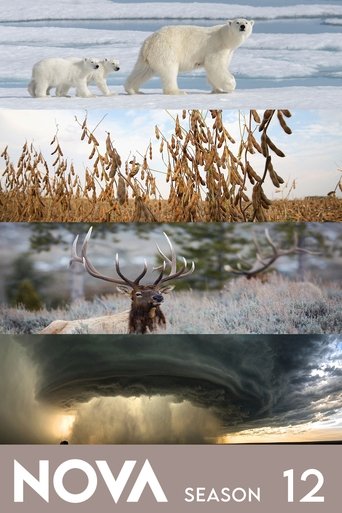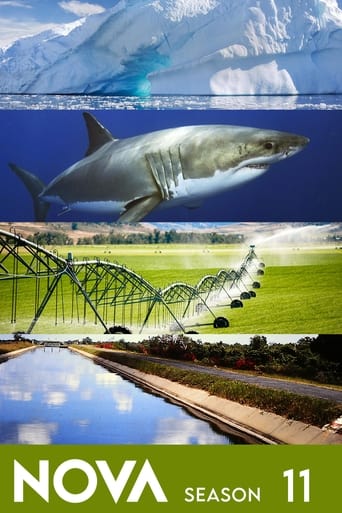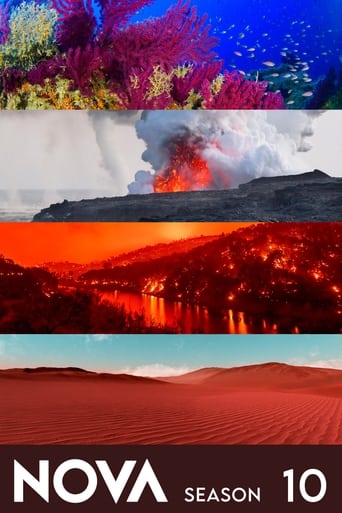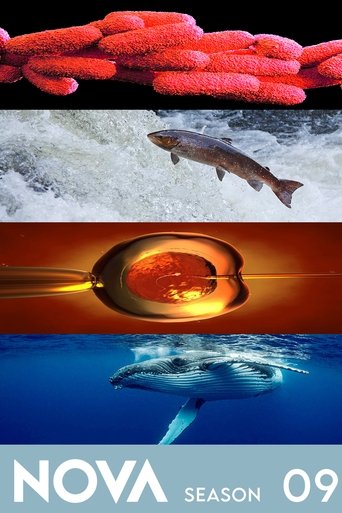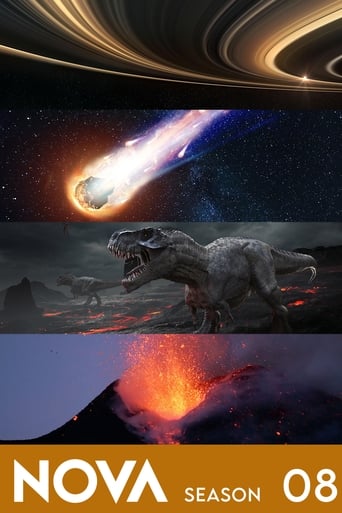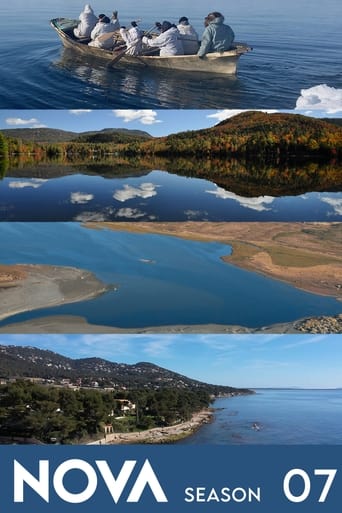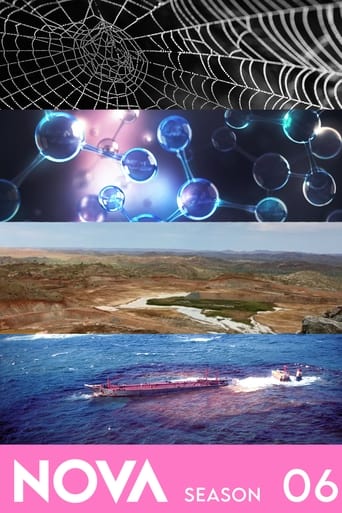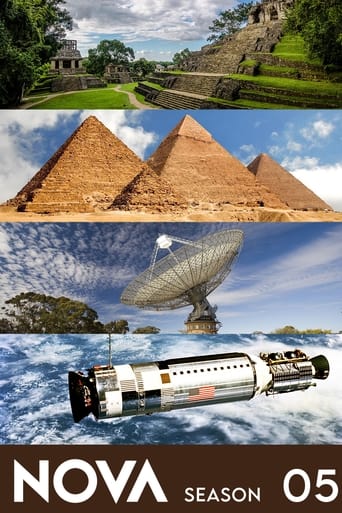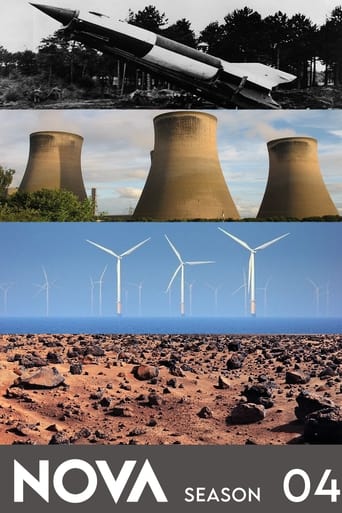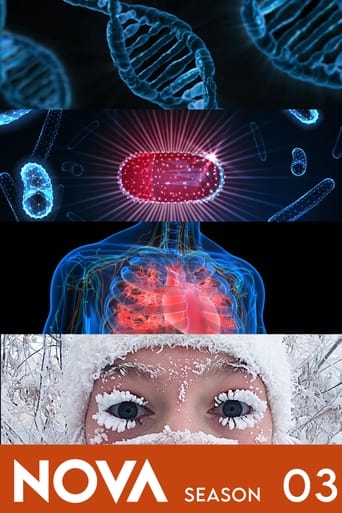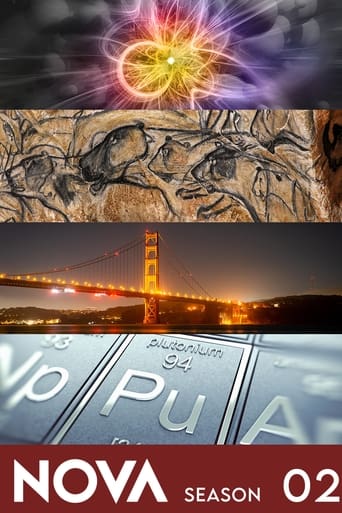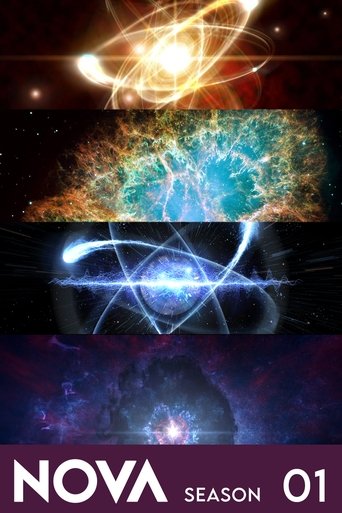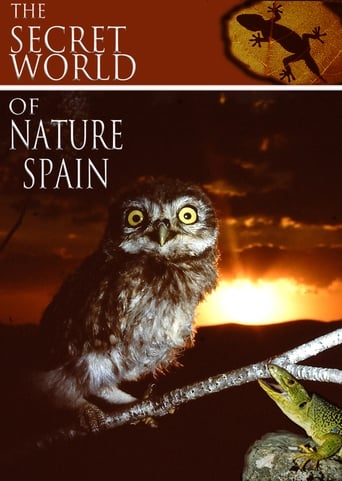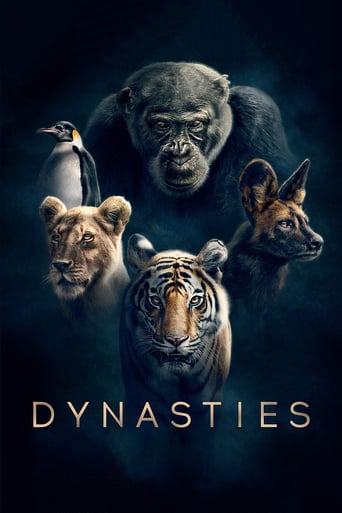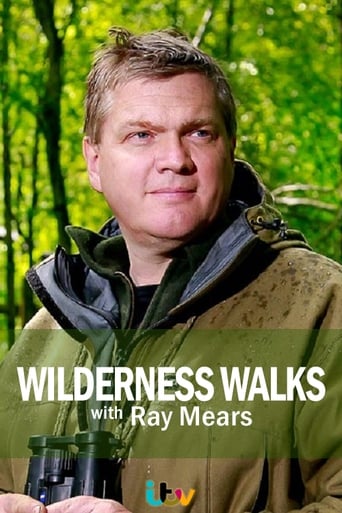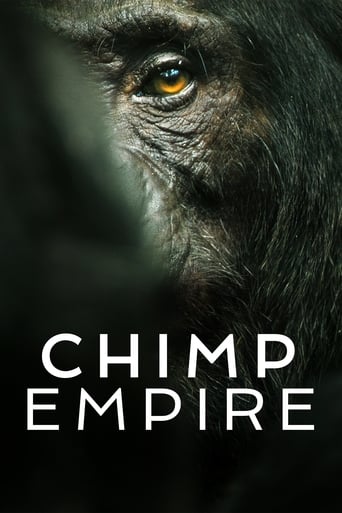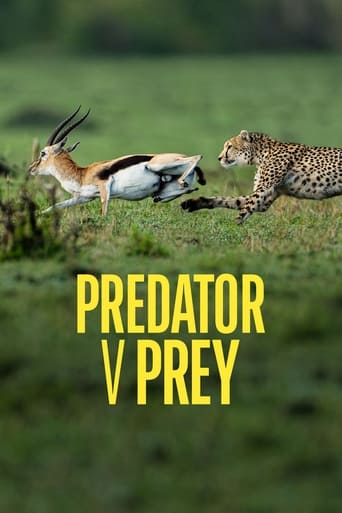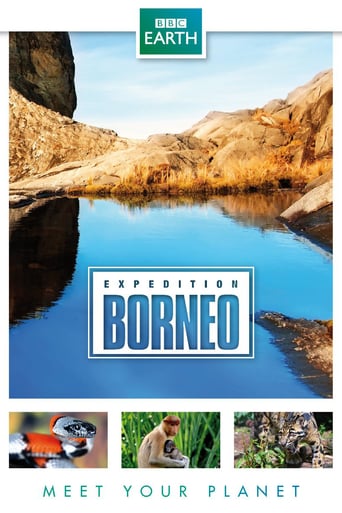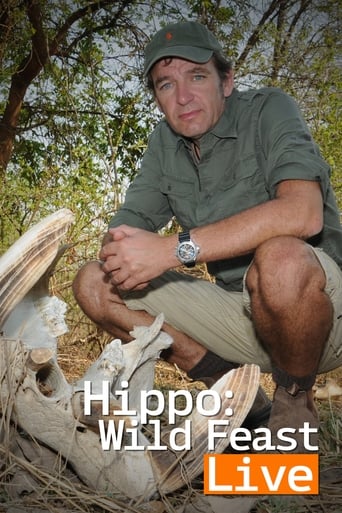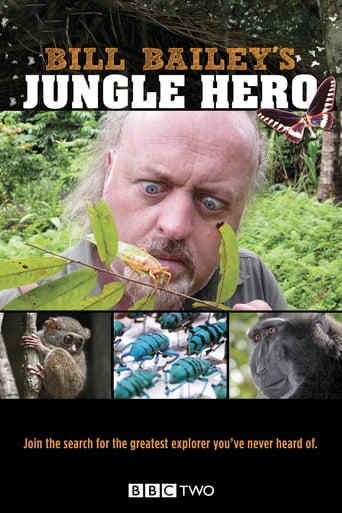NOVA Season 49
With 30 Day Free Trial!
NOVA
1974 / TV-PG
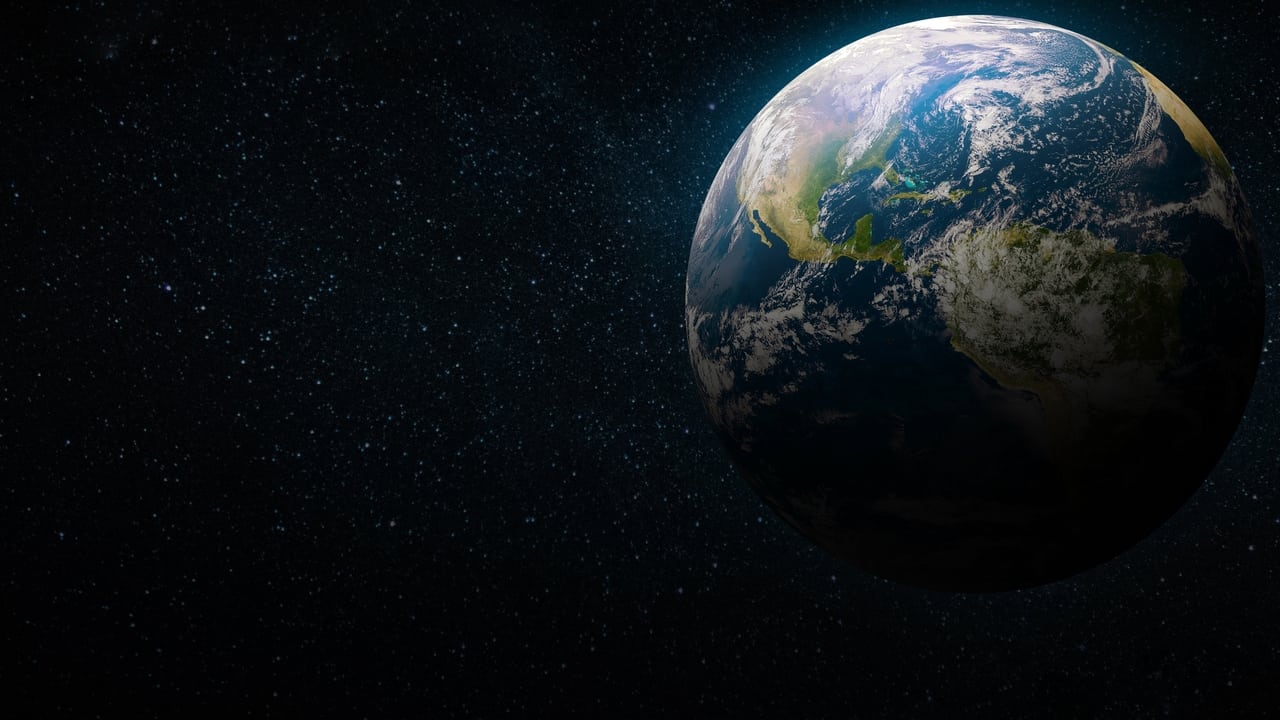
PBS' premier science series helps viewers of all ages explore the science behind the headlines. Along the way, NOVA demystifies science and technology, and highlights the people involved in scientific pursuits.
Watch Trailer
NOVA Season 49 Full Episode Guide
In April 2019, the world watched as a devastating fire almost destroyed Paris’s iconic Notre Dame Cathedral. Go behind the scenes with a team of engineers, masons, and timber workers tackling the daunting challenges of restoring the historic landmark.
Discover how the concepts of zero and infinity revolutionized mathematics.
From Bitcoin to NFTs, crypto is making headlines. But what exactly is it, and how does it work? Experts go beyond the hype and skepticism to unravel the social and technological underpinnings of crypto – exploring how it came to be and why this new technology may change more than just money.
One of the world’s greatest ancient enigmas, the Nazca lines are a dense network of criss-crossing lines, geometric shapes, and animal figures etched across 200 square miles of Peruvian desert. Who created them and why? Ever since they were rediscovered in the 1920s, scholars and enthusiasts have raised countless theories about their purpose.
Lionfish–long prized in home aquariums–have invaded the Atlantic, and are now one of the ocean’s most successful invasive species, wreaking havoc in waters across the globe. Join ocean explorer Danni Washington on a journey to find out how they took over, why they’re doing so much damage, and what can be done about it.
Hallucinogenic drugs—popularly called psychedelics—have been used by human societies for thousands of years. Today, scientists are taking a second look at many of these mind-altering substances – both natural and synthetic – and discovering that they can have profoundly positive clinical impacts, helping patients struggling with a range of afflictions from addiction to depression and PTSD.
In police departments and courts across the country, artificial intelligence is being used to help decide who is policed, who gets bail, how offenders should be sentenced, and who gets parole. But is it actually making our law enforcement and court systems fairer and more just? This timely investigation digs into the hidden biases, privacy risks, and design flaws of this controversial technology.
Almost 40 years after the discovery of HIV, could we be on the verge of ending the AIDS epidemic in America? How did scientists tackle one of the most elusive deadly viruses to ever infect humans? Can innovative drugs bring new infections to zero?
Rising seas and sinking land threaten to destroy Venice. Can the city’s new hi-tech flood barrier save it? Discover the innovative projects and feats of engineering designed to stop this historic city from being lost to future generations.
How did NASA engineers build and launch the most ambitious telescope of all time? Follow the dramatic story of the James Webb Space Telescope—the most complex machine ever launched into space. If it works, scientists believe that this new eye on the universe will peer deeper back in time and space than ever before to the birth of galaxies, and may even be able to “sniff” the atmospheres of exoplanets as we search for signs of life beyond Earth. But getting it to work is no easy task. The telescope is far bigger than its predecessor, the famous Hubble Space Telescope, and it needs to make its observations a million miles away from Earth—so there will be no chance to go out and fix it. That means there’s no room for error; the most ambitious telescope ever built needs to work perfectly. Meet the engineers making it happen and join them on their high stakes journey to uncover new secrets of the universe.
Thousands of ancient footprints stretch for miles across New Mexico’s White Sands National Park, capturing moments when Ice Age humans encountered now-extinct beasts, including mammoths and enormous ground sloths. These footprints tell an intimate story about what life was like during the Ice Age and reveal surprising new evidence about when humans arrived in North America.
When the bow of the colossal Ever Given container ship plowed into the bank of the Suez Canal on March 23, 2021, international supply chains ground to a halt. What went wrong? Follow the dramatic efforts to free the ship and the investigation into one of the most expensive shipping disasters ever. Maritime experts analyze other recent accidents and try to figure out how such devastating crashes could be prevented.
In the second episode of this two-part series, the search continues for signs of what happened on the day the dinosaurs died. Scientists uncover extremely rare fossils and more evidence that could link the dig site in North Dakota to the asteroid that wiped out the dinosaurs 66 million years ago. Among the fossils are tiny spheres of glass locked in amber. Inside one of the spheres is a speck of rock that appears to be a chemical match to the killer asteroid itself. And scientists uncover one of the most spectacular finds of all: an almost perfectly preserved dinosaur leg. Sir David Attenborough guides us on a search for clues that could provide an unprecedented snapshot of what happened in the dinosaurs’ final moments on Earth.
In the Badlands of North Dakota, a team of scientists think they might have found the fossilized remains of animals killed on the day an asteroid struck Earth 66 million years ago. The evidence points to a catastrophic event, with a jumble of rare fossils, including a pterosaur embryo still in its shell and a well-preserved patch of triceratops skin, mixed in with tiny spheres of clay and glass that could be the fallout from the massive asteroid impact. Sir David Attenborough guides us on a search for clues that could give an unprecedented snapshot of what happened in the dinosaurs’ final moments on Earth.
Follow three women at risk of developing Alzheimer’s as they join a groundbreaking study to try to prevent the disease – sharing their ups and downs, anxiously watching for symptoms, and hoping they can make a difference.
Follow the dramatic personal journey of Hugh Herr, a biophysicist working to create brain-controlled robotic limbs. At age 17, Herr’s legs were amputated after a climbing accident. Frustrated by the crude prosthetic limbs he was given, Herr set out to remedy their design, leading him to a career as an inventor of innovative prosthetic devices.
Sir David Attenborough investigates a unique site in southern England where amateur fossil hunters uncovered giant mammoth bones and evidence of Neanderthals. A team of paleontologists and archaeologists soon discover that the site preserves rare evidence of the extinct beasts and early human inhabitants of Britain dating to over 200,000 years ago.
Scott Burnett is “Scatman”—an Australian ecologist on the trail of the secrets of poop. By identifying and analyzing animal scat for DNA and hormones, he discovers essential details of their behavior, how they fit in the ecosystem, and even how to protect them.
In the Arctic, enormous releases of methane, a potent greenhouse gas, threaten the climate.
Free Trial Channels
Seasons


